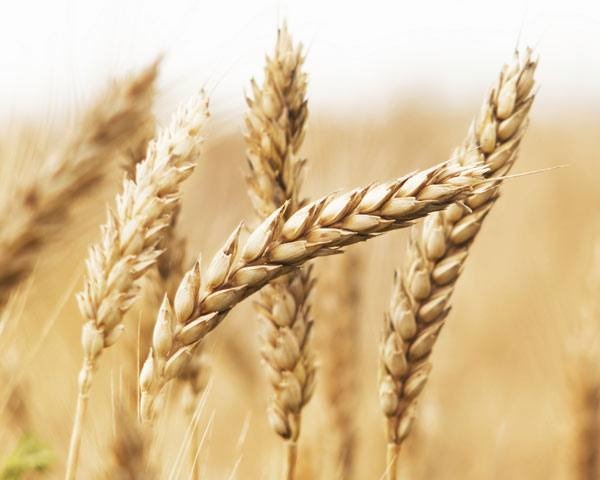The Most Common Food Allergies (And Their Warning Signs)
For those with young children, food allergies can be an ever-present concern. But did you know that the vast majority of food allergies are sparked by only eight foods?
Allergies are caused by our immune system overreacting to a particular protein found in a certain foods, and many are first diagnosed in young children. Nobody knows for sure why some people have sensitivities to these proteins while others don't, but in many cases symptoms can occur when even just a tiny amount of the troublesome food is consumed.
The Most Common Food Allergies (And Their Warning Signs) (Slideshow)
According to the American Academy of Allergy, Asthma, and Immunology, symptoms of an allergic reaction can appear as soon as a couple minutes after eating the trigger food, or as late as a couple hours later. The main symptoms of a food allergy include hives or red, itchy skin; a stuffy or itchy nose; itchy, teary eyes; vomiting, stomach cramps, or diarrhea; and swelling. In extreme cases the allergic reaction can induce anaphylaxis, a life-threatening condition that can cause chest tightness and impair breathing.
If a food allergy is detected, the first step is to see an allergist/immunologist, who can confirm the diagnosis and help manage the condition. The most important response is to strictly avoid that food, obviously, which also involves carefully reading food labels and asking about ingredients when eating food prepared by others. Those susceptible to anaphylaxis should also carry autoinjectible epinephrine (such as an EpiPen) with them at all times.
Read on to learn which eight foods are responsible for the vast majority of food allergies.
Cow's Milk

Cow's milk is the most common food allergy in infants and young children, with about 2.5 percent of children younger than three affected, according to foodallergy.org. While most outgrow milk allergies, symptoms can range from hives to anaphylaxis.
Eggs

The second most common food allergy, eggs can also cause the full range of symptoms. Only the whites contain potentially allergenic proteins, but because it's impossible to completely separate the white from the yolk, all eggs should be avoided. Some vaccines against various illnesses contain egg protein, but have been deemed safe for those with egg allergies; nonetheless, we'd recommend telling your doctor about your allergy before being vaccinated.
